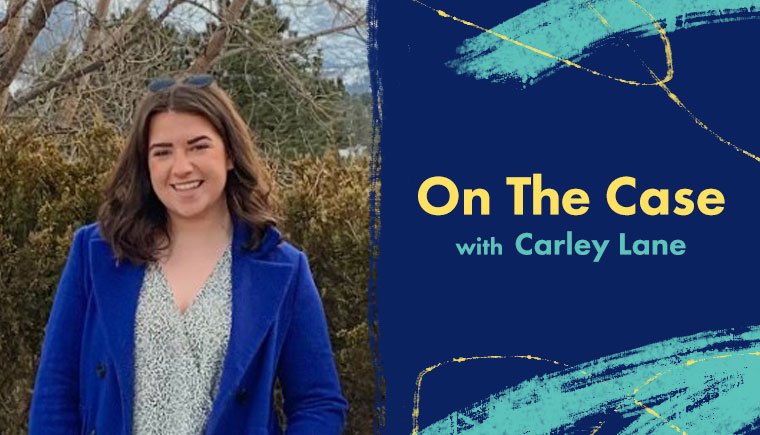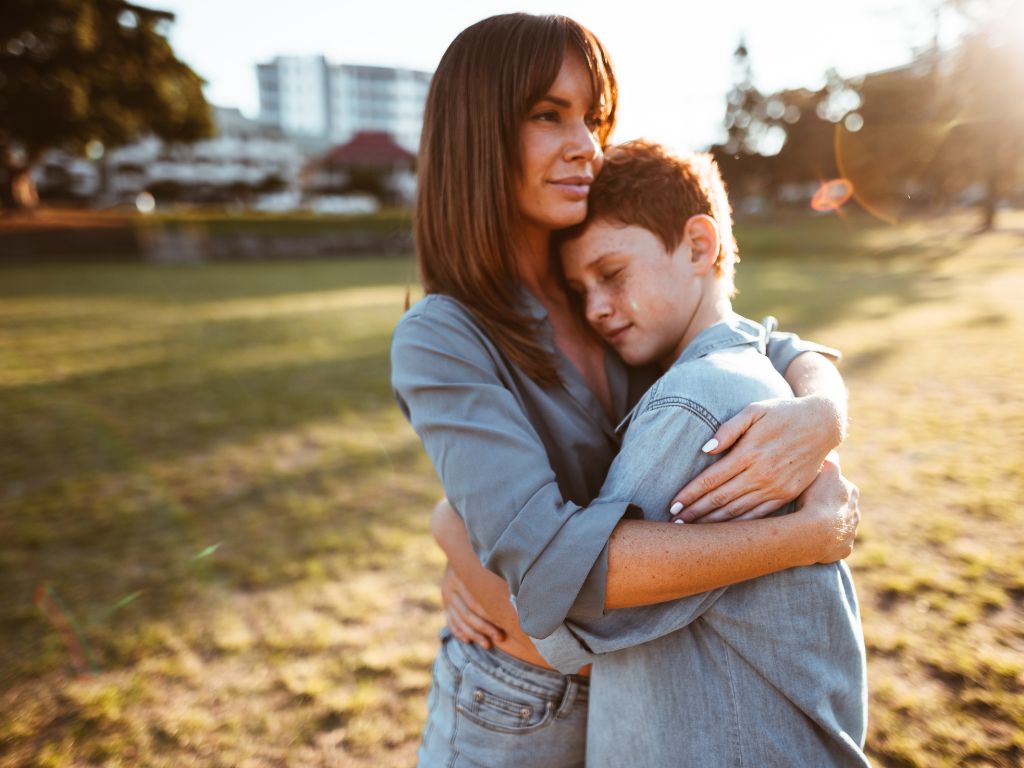On The Case: Kit Carson County Caseworker Relishes Role in Rural Community

Having been born and raised in Montana, Carley Lane knows a thing or two about life in a small town. But it wasn’t until she took a caseworker job with Kit Carson County Department of Human Services that she realized just how much she could contribute to a rural community.
Carley moved to Burlington, Colo. at the age of 22 to accept the child welfare caseworker job after graduating from the University on Montana in Missoula with a degree in social work. In addition to serving families in Kit Carson County, Carley also provides support to Moffat County Department of Human Services.
Carley has an ardent interest in childhood trauma – its impact as well as the brain science behind it – and has always been drawn to work in this space, beginning with an internship as a relief counselor at a group home for kids with attachment disorders. She pursued the caseworker role because she saw it as an opportunity to help minimize childhood trauma by working directly with families in the child welfare system. She sees her work as a solid building block of her career and would like to eventually work more directly on policy issues that affect children and families.
“I have a strong passion for working with families and collaborating with parents to help them address challenges to achieve their goals,” said Carley. “In addition, I am drawn to the policy side of child welfare and understanding how laws and the judicial system impact families. In that sense, this is the perfect job for me to create a foundation for my career and help strengthen as many families as possible.”
“As a rural county with a population of 5,000, Kit Carson County has historically grappled with balancing workloads and maintaining consistent staff, but Carley has been a cornerstone of the DHS team,” said Tiffany Ramos, director of Kit Carson County Human Services. “She came to the county at a tumultuous time and has been so resilient and effective throughout the past two years.”
The smaller community suits Carley just fine. She appreciates that she is able to form connections with families long-term as she will often cross paths with them at the grocery store and other locations around town long after a case is resolved. This allows her to see first-hand the sustaining benefit of their work together, something she can be proud of.
Carley hopes to encourage more people to explore a job as a caseworker, particularly those with an interest in child psychology and families. In addition to attractive benefits such as health insurance and a flexible schedule, it’s an opportunity to better understand the child welfare system, working on the ground to keep kids safe and set families up for success.
Carley loves working closely with families to get to the root of their challenges and problem solve. Her favorite part of the job though is when families no longer need her support. “I am in this job because I don’t want this job to exist,” she added.
This post is part of the CO4Kids On The Case blog series that shares insights from Colorado child welfare caseworkers about the important work they do and why they chose a career in social work.
More Posts







